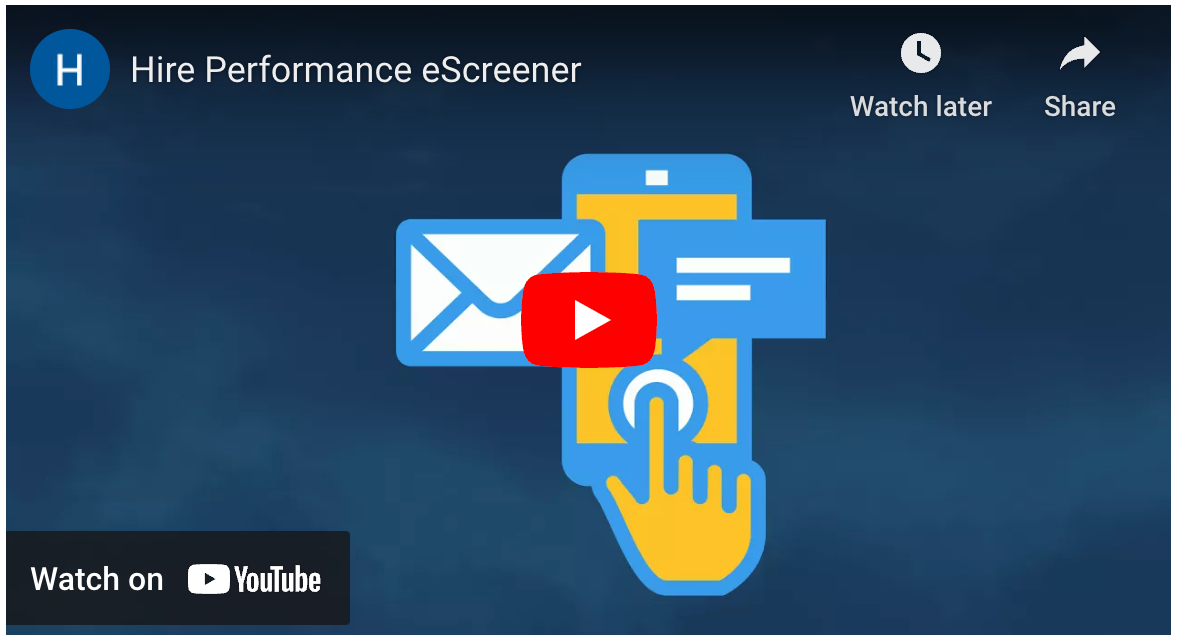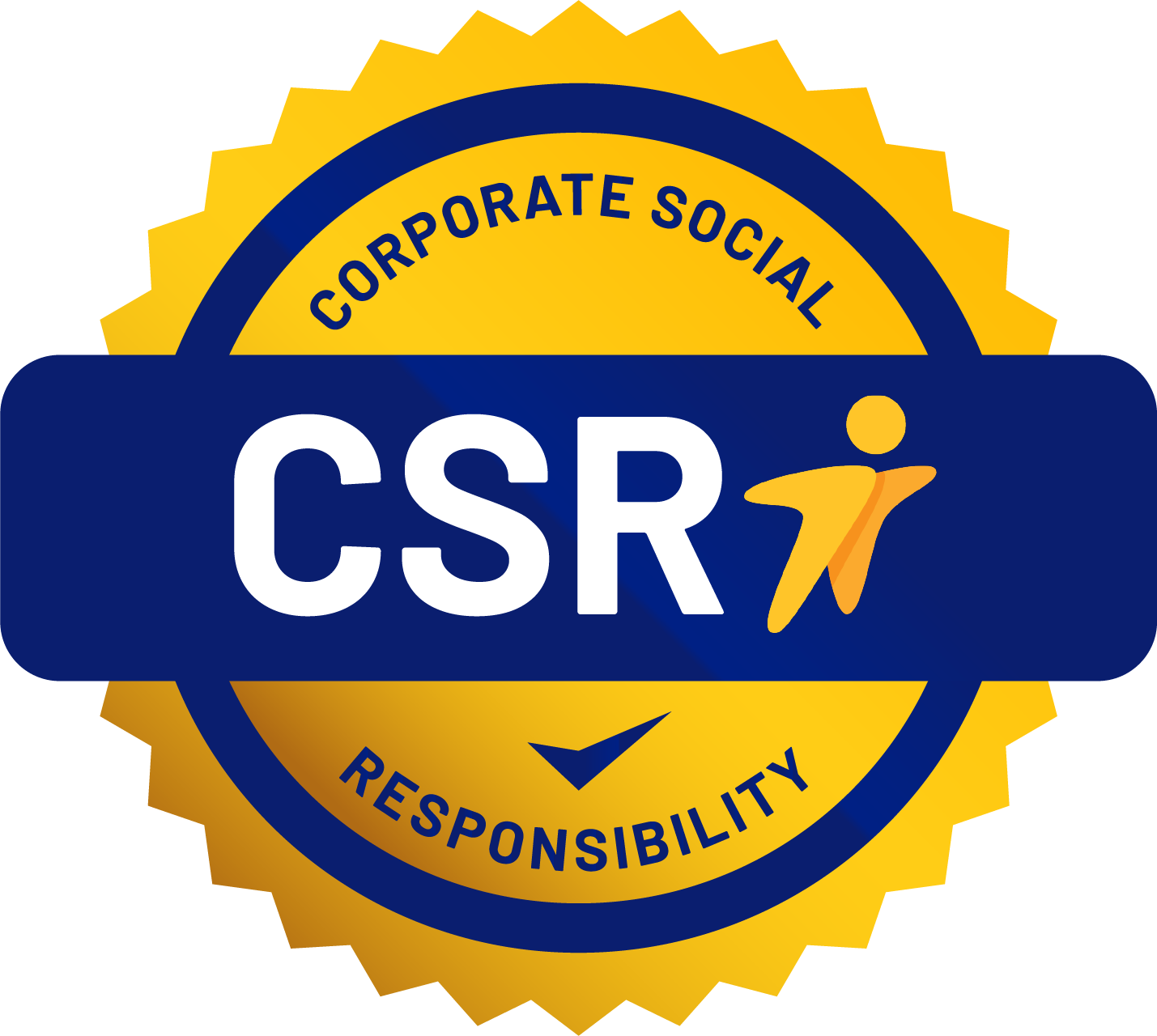What Information Do You Get from a Credit Check?
Tim Hardie • July 20, 2023
In the evolving landscape of hiring practices, employers are utilizing a range of tools to assess candidates beyond their resumes.
The credit check has become an increasingly prominent tool that businesses are using to make well-informed hiring decisions.
In this article, we will discuss what a credit check is, the information available on a credit check report, the benefits of running a check on a candidate, and how an employer can get a credit check.
What is a Credit Check?
A credit check, also known as a credit report or credit history check, involves obtaining an individual's credit report from a credit bureau or credit report service provider. This report details a person's creditworthiness, financial history, and how they have managed their debts and financial obligations. It is primarily used by lenders to determine the risk associated with lending money, but in recent years, employers have started using it as a tool to evaluate job applicants.
What Information is Available on a Credit Check for Employers?
A credit report compiles relevant financial data that paints a comprehensive picture of a candidate’s financial responsibility.
A credit report includes:
- Credit Score: The credit score is a numerical representation of an individual's creditworthiness. It's based on factors like payment history, outstanding debts, length of credit history, types of credit used, and new credit inquiries.
- Credit and Payment History: A credit report includes information about an individual's credit accounts, such as credit cards, mortgages, loans, and debts in default.
- Outstanding Debts: Outstanding debts, including credit card balances and loans, can provide insight into an applicant's financial stress.
- Bankruptcies and Collections: Instances of bankruptcy and accounts in collections are also included in the credit report, typically over the past 7 to 10 years.
The information available on a credit check report provides employers with an overview of a candidate’s financial history that can be used to determine risk and likelihood for success.
Benefits of Running a Credit Check as an Employer
A credit check can be a useful tool when assessing a candidate for a position that involves handling or accessing business assets, client assets, and other sensitive financial information such as budgets. Certain industries that often necessitate these checks include law, finance and accounting, government, healthcare, and cybersecurity.
The benefits of running a credit check include:
- Reduced Risk of Fraud and Theft: Certain roles within an organization may require access to company finances, assets, or sensitive information. Conducting a credit check can help identify potential red flags, such as a history of financial troubles or a high debt load, which could suggest a higher risk of fraudulent activities or theft. This can aid in safeguarding the company's assets and data, resulting in better security.
- Financial Responsibility Assessment: A credit check provides valuable insight into an individual's financial behaviour and habits. By reviewing an applicant's credit history, employers can gauge their ability to manage personal finances, make consistent and timely payments, and handle debt responsibly. This information can be particularly relevant for positions that involve financial responsibilities or access to sensitive company information.
- Minimize Employee Turnover: For roles that require strong organizational skills, a credit check report can assess key factors for success and highlight candidates who are financially responsible and accountable to their obligations. Information on late payments and outstanding debts may be important considerations for determining whether a candidate is likely to meet their employment obligations and deadlines.
- Trustworthiness and Reliability: An applicant's credit history can provide insights into their overall reliability and trustworthiness. Responsible financial behaviour is often indicative of a disciplined and dependable individual. This is especially crucial for positions that involve handling confidential information, client interactions, or project deadlines.
- Mitigating Reputation Risks: Employees, particularly those in customer-facing roles, can significantly impact a company's reputation. Credit checks can help identify potential issues that might not be apparent through standard background checks, ensuring that the individuals representing your organization uphold a company’s desired image and values.
- Regulatory Compliance: Certain industries, such as finance or healthcare, are subject to strict regulatory requirements. Conducting credit checks can help organizations meet these compliance standards, demonstrating due diligence in their hiring practices and reducing potential legal risks.
- Personal Financial Stress Impact: An applicant's financial situation can affect their job performance and overall well-being. High levels of financial stress could potentially distract employees from their responsibilities and impact their focus and productivity. Identifying these concerns through credit checks can allow for necessary support or accommodations.
Incorporating credit checks into your employee screening process can provide valuable insights into an applicant's financial responsibility, reliability, and suitability for the role. By making informed decisions, businesses can mitigate risks, gain peace of mind with a trustworthy workforce, and enhance their overall success.
How to Get a Credit Check Report
There are several steps to obtaining a credit check on a potential employee. These include:
- Obtain Consent: Before conducting a credit check, employers must obtain written consent from the candidate. Inform them of the purpose and scope of the credit check and ensure compliance with legal requirements.
- Collect Candidate Information: Personal identifying information, including the candidate’s name, mailing address, and date of birth are all required to complete a credit check.
- Choose a Credit Reporting Agency: Select a reputable credit report provider or credit bureau to obtain the credit report. Keep in mind that credit reporting agencies typically produce faster results from multiple credit bureaus with additional insights compared to a single credit bureau.
- Submit Information: Provide the candidate's personal details and any required documentation to the chosen credit reporting agency or credit bureau.
- Review the Report: Once the report is generated, review the information provided. Focus on the credit score, credit history, outstanding debts, and any negative items.
- Interpret Fairly: When interpreting the credit report, it’s always important to consider the relevant context. Keep in mind that credit histories can be impacted by various factors, including medical emergencies or unforeseen circumstances which can be discussed with candidates to ensure a fair chance is given.
- Maintain Confidentiality: Treat the obtained credit report as confidential information. Ensure that the credit report is securely stored and shared only with relevant personnel involved in the hiring process.
Getting a comprehensive credit check report is a relatively simple process when using a credit service provider compared to a credit bureau.
Get a Thorough Credit Check on Your Candidates Today
Hire responsible, organized, and trustworthy employees for job positions that involve handling money with Hire Performance’s comprehensive credit report. Our credit check helps you protect your business assets while reducing employee turnover and ensuring due diligence.

Industry Leading Technology for Background Checks & Screening
eScreener uses Kount Identity Verification™ technology to verify identity with confidence. This technology cross checks applicant information against Equifax and 3rd party data sources to validate an identity and to determine whether that identity has been reported as misused or associated with potential fraudulent activity. This is done in real time by accessing millions of records, providing instant results in our eScreener.
WHY CHOOSE HIRE PERFORMANCE?
Pre-Employment Screening Benefits
Our industry leading expertise and cutting edge technology help organizations detect potential risks such as resume fraud, criminal convictions, and past terminations.












